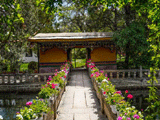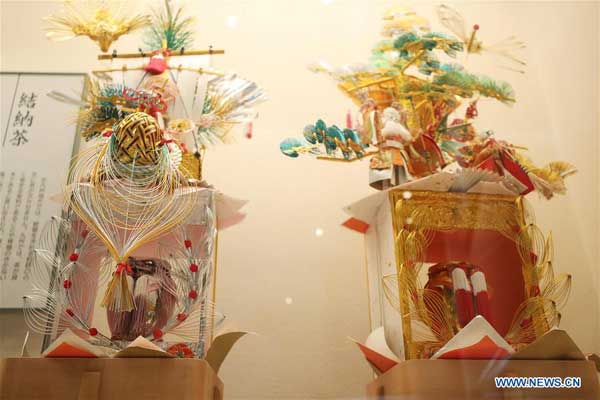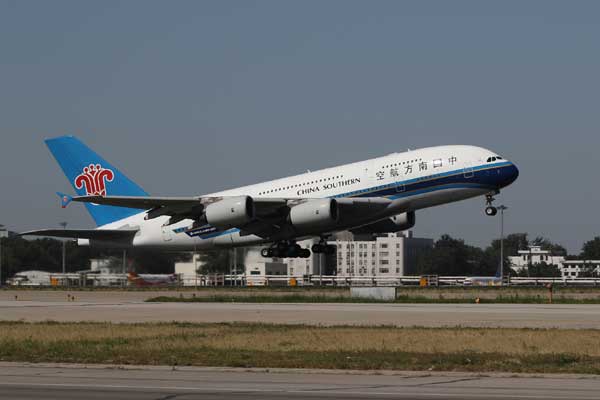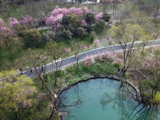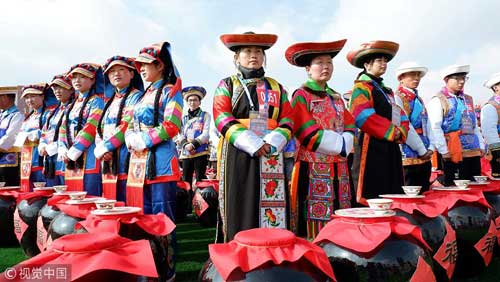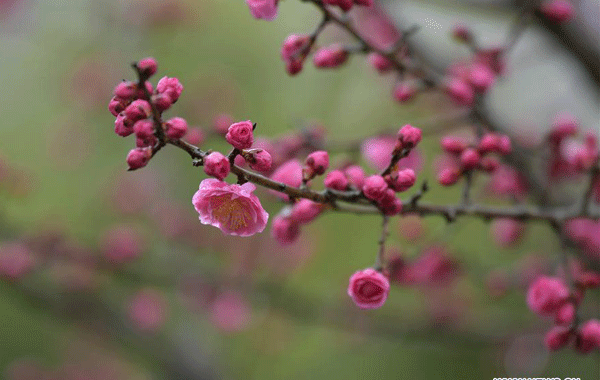Classical academies were cultural and educational institutions that existed in
China from the Tang and Song dynasties through the Ming and Qing dynasties.
They were established either by the public or the government to serve the
multiple purposes of education, research, and library service. Their origins
were Buddhist monasteries and private libraries in the Tang Dynasty. Classical
academies flourished in the Song Dynasty. In the early years of the Southern
Song Dynasty, Zhu Xi, Zhang Shi, Lü Zuqian, Lu Jiuyuan, and some other
scholars established academies that served as teaching and research centers
of their respective schools of thought. The academies were independent of
government schools and were located mostly in tranquil and scenic places.
Under the supervision of learned Confucian scholars, the academies pursued
academic freedom and innovation. Teachers taught by both precept and
example, and laid stress on shaping their students' moral character, rather than
encouraging them to win degrees in the imperial civil examination system.
By the end of the Southern Song Dynasty, however, the academies became
increasingly government-oriented and were linked with the imperial civil
examination system. The rise and decline of the academies was in harmony
with the rise and decline of the School of Principle during the Song and Ming
dynasties.
In 1901 the Qing government ordered all the academies be changed to schools
in modern sense. Having existed for more than 1,000 years, the academies
greatly helped develop traditional Chinese culture and education, and convey
Chinese culture abroad.



 ][
][ 


